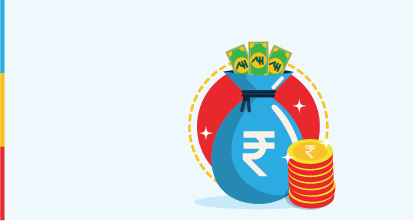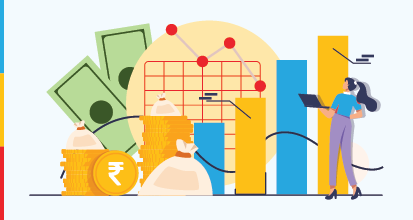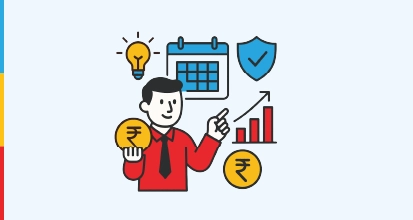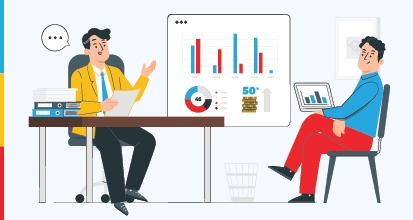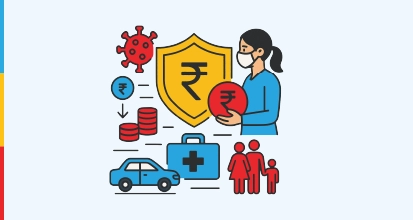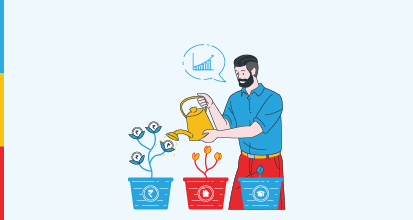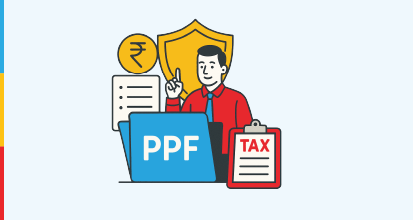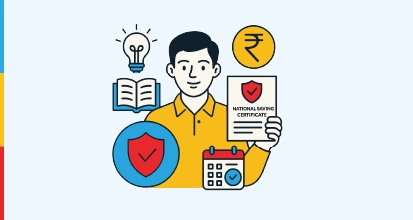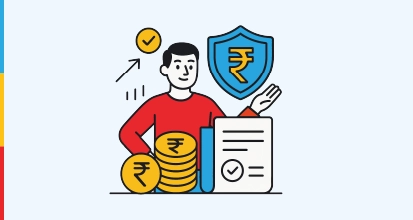- Stocks: Shares of ownership in a company offer potential growth and returns but come with market risk.
- Bonds: Fixed-income securities where investors lend money to the government or corporations for periodic interest and principal repayment.
- Mutual Funds: Pooled investments managed by professionals who allocate funds into stocks, bonds, or other assets for diversification and growth.
- Liquidity: It refers to how quickly and easily an asset can be converted into cash without affecting its price.
- Risk Tolerance: An individual’s ability to handle fluctuations in investment value.
2025-04-24
162 Views
7 minutes read
Share







